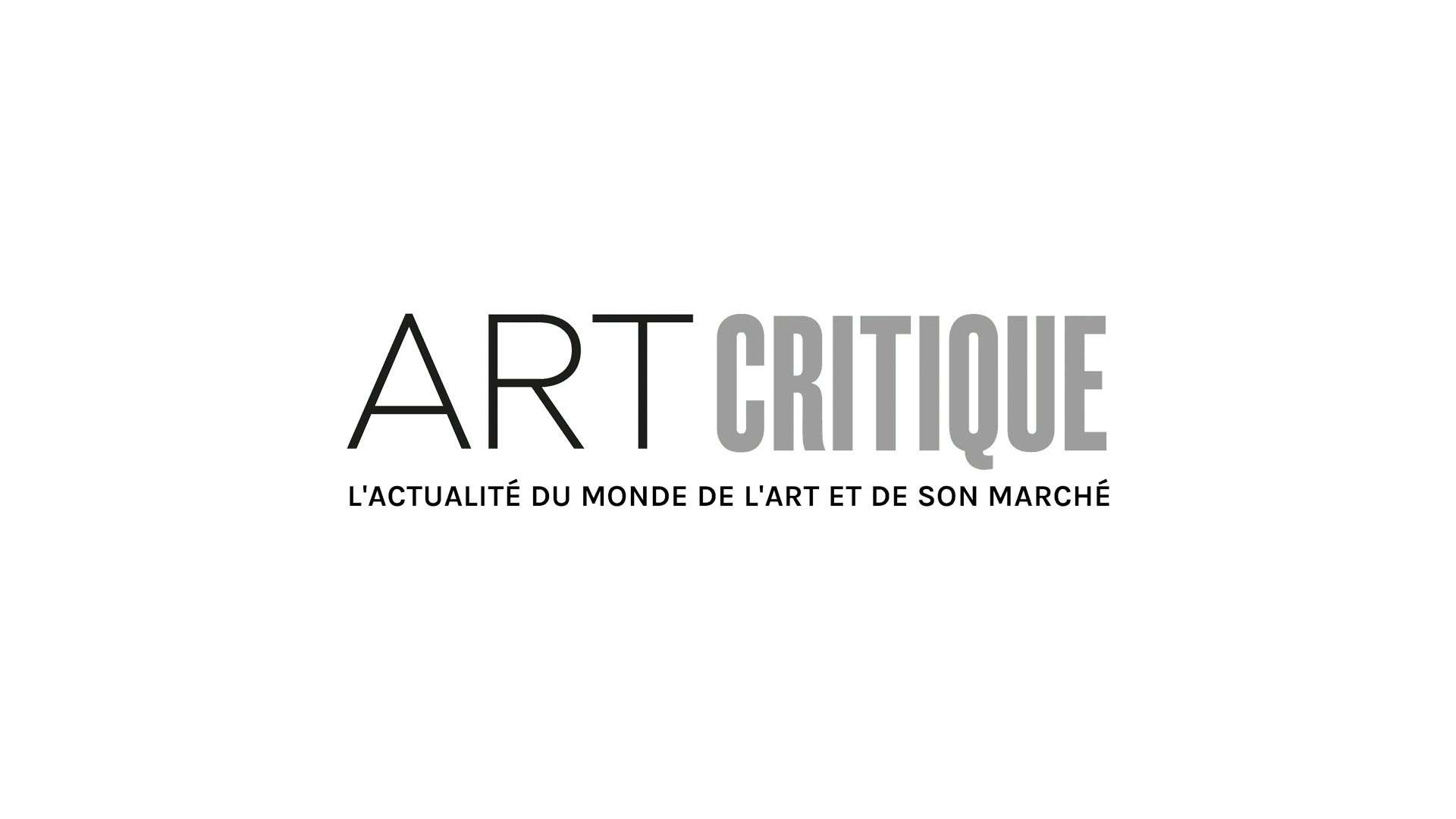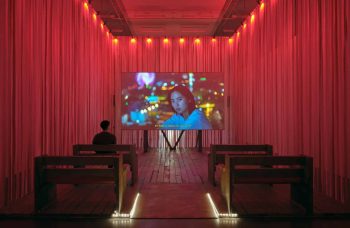Over the weekend, demonstrators gathered inside and out of the British Museum (BM) to protest its connection to BP, a major oil company. Following those events, members of the BM’s staff have echoed the protesters’ sentiments also calling for the institution to cut ties with the oil conglomerate.
While the BM is no stranger to protests, the most recent events began on Friday morning when protesters, clad in Greek garb, some carrying shields with the BP green and yellow logo, snuck a 13-foot tall Trojan Horse through the side gate to the museum courtyard. A letter was then given to the museum requesting that the horse be allowed to stay in the courtyard until Saturday as more protests were planned. Ultimately, the horse remained in its space overnight and into Saturday. Two demonstrators even camped out in the horse to act as its guards despite the downpour of rain in London early Saturday morning.
Titled Monument, the demonstration was a first of its type created by BP or not BP?, a protest group that utilises theatrics to protest BP. It is a direct response to the museum’s exhibition ‘Troy: myth and reality,’ which is advertised as being supported by BP. In the end, between an estimated 1,000 and 1,500 people partook in the protests on Saturday and around 60 people tried to stop the museum from closing at its normal time that evening. 11 of the museum’s rooms were occupied by protesters; some sang songs, others performed works of spoken word, while more held talks about BP concerning its involvement in the climate crisis and its connection to the BM. Origami swans with messages saying ‘choose sponsors who care about our future’ were scattered around the museum. The protests ended with demonstrators ripping images of the BP logo in half.
‘We feel that the museum’s attitudes towards climate change and colonialism are not what they should be in the 21st century,’ said Jess Worth, a member of BP or not BP?, to The Guardian.
In response to the weekend’s mass action, Hartwig Fischer, director of the museum, stated:
‘We share the concerns for the challenges that we all face together as a result of climate change. We address these issues in an innovative way through significant exhibitions and public programming. The British Museum offers for millions of people an extraordinary opportunity to engage with the cultures and histories of humankind. Without external support and sponsorship this would not be possible. Removing this opportunity from the public is not a contribution to solving the climate crisis.’
The museum’s trustees have continuously cited financial issues for their continued relationship with BP. In August of last year, following another protest, a spokesperson for the BM confirmed that the museum was facing ‘considerable’ financial stresses as public funding has been cut by 30 percent since 2010. Despite this, many still call for the BM, among others, to sever its connection, as a number of institutions, including the National Galleries Scotland and the Royal Shakespeare Company, have done recently.
Now, members of the BM’s staff are becoming more vocal about their concerns over BP ties. Yesterday, BM employees and members of the PCS union’s cultural group backed the protesters with a statement co-signed by Ahdaf Soueif, a former museum trustee who resigned due to its links to BP. The statement released by the union, which represents 4,000 workers in cultural institutions across the UK, stated in part that ‘It is not true that [the British Museum] cannot afford to refuse BP’s oil money. In fact, [the British Museum] cannot afford to accept it.’ The statement continued saying that the museum ‘owes it to its staff, its visitors and its future to play a responsible role in the greatest challenge facing society.’
Edited: June 12, 2020 for spelling error.





